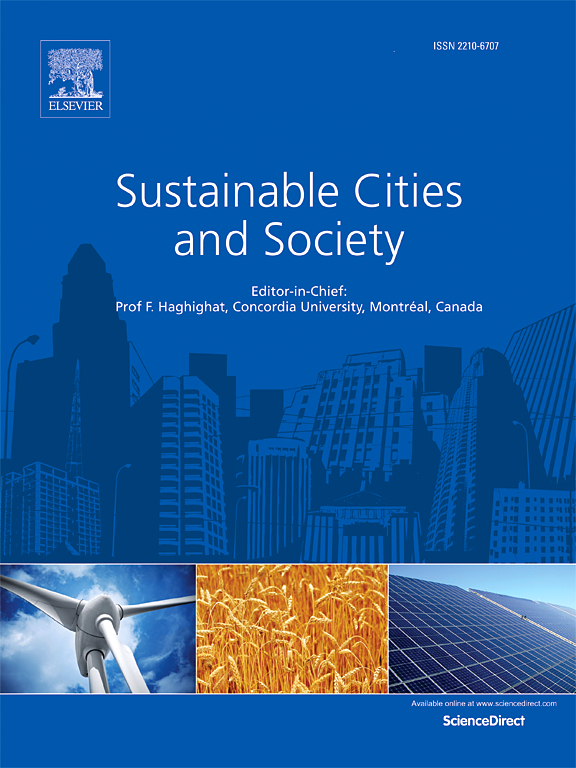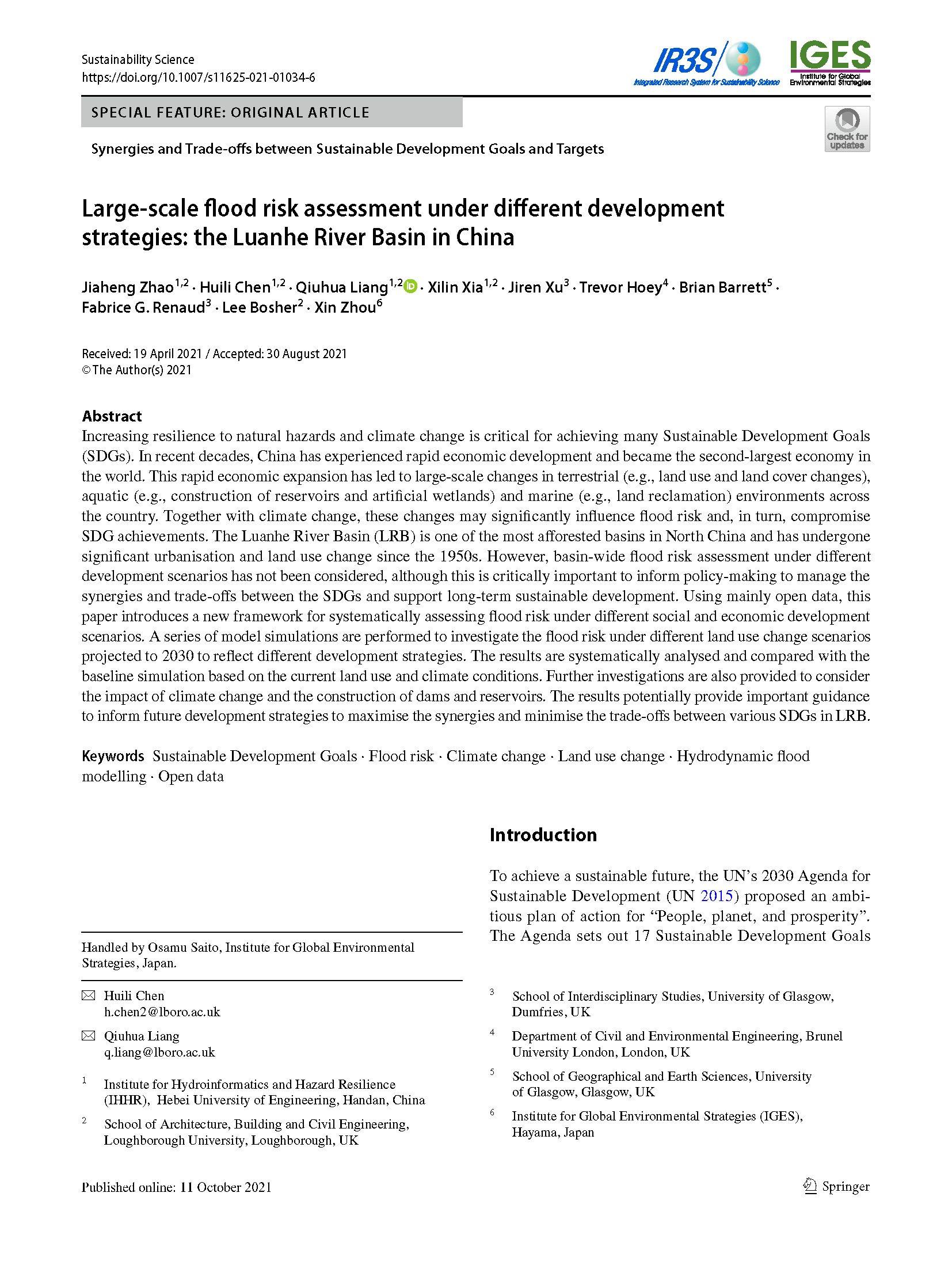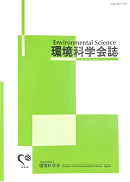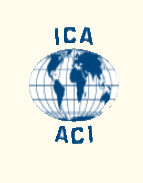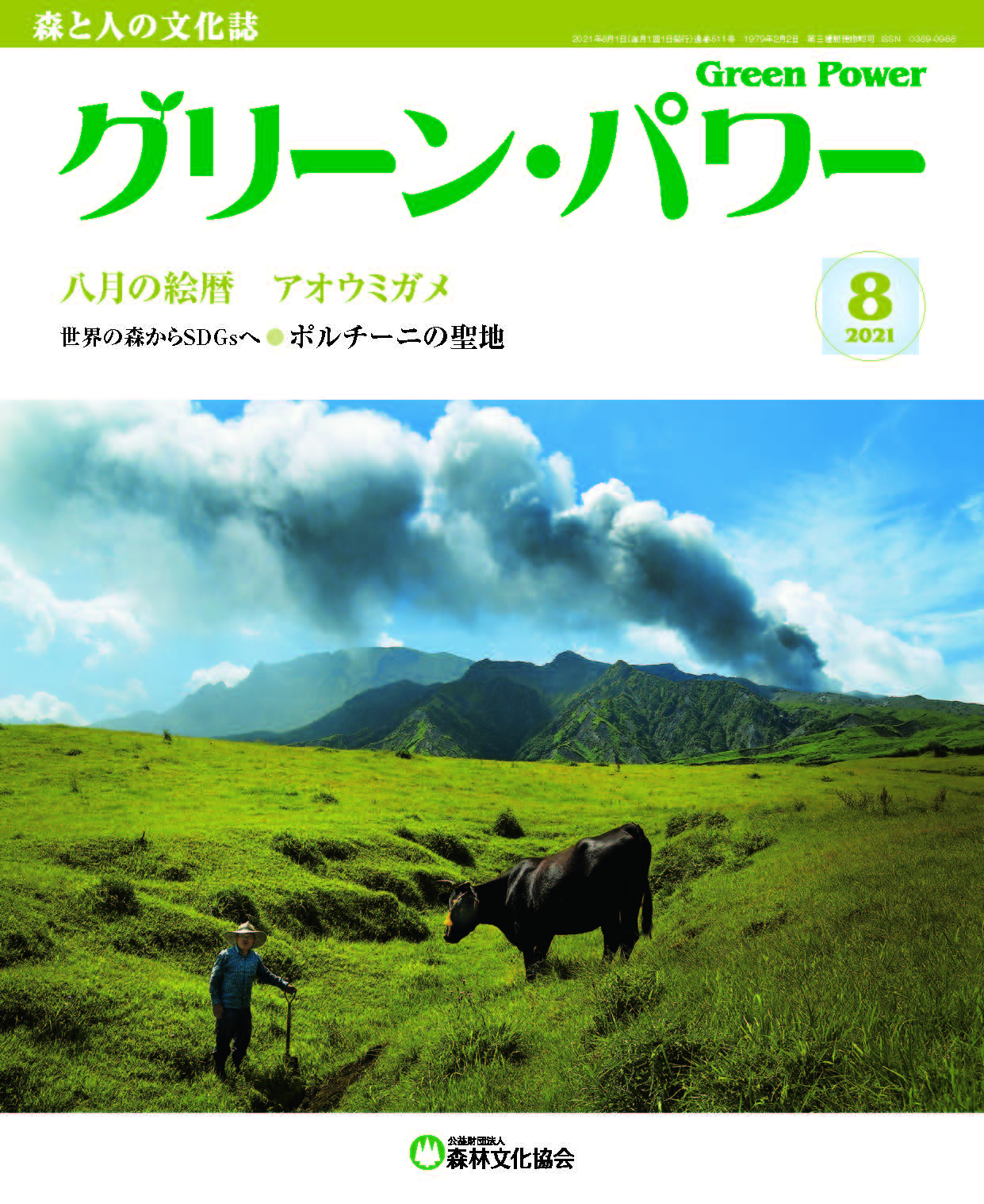In Environmental Monitoring and Assessment
This study analyzed the spatial-temporal change pattern and underlying factors in production-living-ecological space (PLES) of Nanchong City, China, over the past 20 years using historical land use data (2000, 2010, 2020). A land use transfer matrix was calculated from the historical land use maps, and spatial analysis was conducted to analyze...


